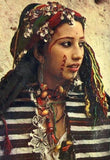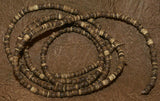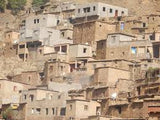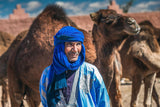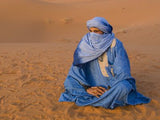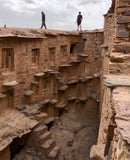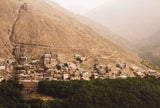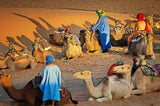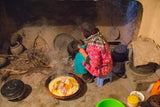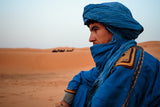MOROCCO TRIBAL BERBER TOUAREG DOWRY WEDDING ETHNIC BEADS NECKLACE , BRIDE PRICE, WITH AMBER BEADS , WOOD BALLS, CONUS SHELL RINGS, AND COLORFUL GLASS BEADS NECK25 + LONG OTHER COCONUT SHELL NECKLACE
YOU ARE GETTING 2 NECKLACES AS SEEN ON THE PHOTOS.
NECKLACE NECK25: BRIDE PRICE NECKLACE COLLECTED IN THE SAHARA DESERT IN 1970 CREATED WITH AMBER BEADS, SHELL RINGS, WOOD BEADS, AND COLORFUL GLASS BEADS.
+1 LONG FLAPPER NECKLACE made of coconut shell beads, very time consuming to hand carve into tiny cylinders and seen on 2 of the photos.
This is a Berber tribal dowry necklace, used as part of a bride price and collected in the mid 1900’s in the Sahara desert.
(Belts were also part of the dowry offered by the groom’s family: A thin bride made the Groom’s family happy because the gold belt would be less long than for a fat bride.)
Dowry is an ancient custom, and continues to be expected and demanded as a condition to accept a marriage proposal in some parts of the world, mainly in Asia & Northern Africa.
The Touareg tribes are, historically, nomadic pastoralists, keeping herds of cattle, goats and camels along the Sahara desert, and where this necklace was collected, in the south of Morocco, in the late 1970’s. We had the necklace restrung when returning home, in the same order as when we collected it.
Unlike their Berber counterparts elsewhere in North Africa, traditionally the Touareg men’s faces are kept veiled, a great deal due to possible sand storms they encountered when in the desert as well as protection against sun and heat. They were called the ‘blue men’ of the Sahara since the indigo dye of their turbans and clothes stained their skin a certain hue of blues.
The Groom and family brought the entire dowry to an open space, laid everything out and checked off against the marriage contract to make sure nothing was forgotten. Checked off the list, everything was loaded on to several horse carriages and taken to the Bride’s house in a procession, accompanied by friends and relatives, singing and dancing. In the evening, sheep and cows are cooked, and eaten for dinner and the remainder of the night is spent celebrating.
All our collector and rare items come with pages and pages of research about provenance, and with history of the tribes and photos as well, depending on item and whenever possible. When shipping internationally, we group ship multiple purchases to save you money, and find the best rates possible. If you have any questions or want to see research conducted on this piece and photos of tribes, let us know.






























